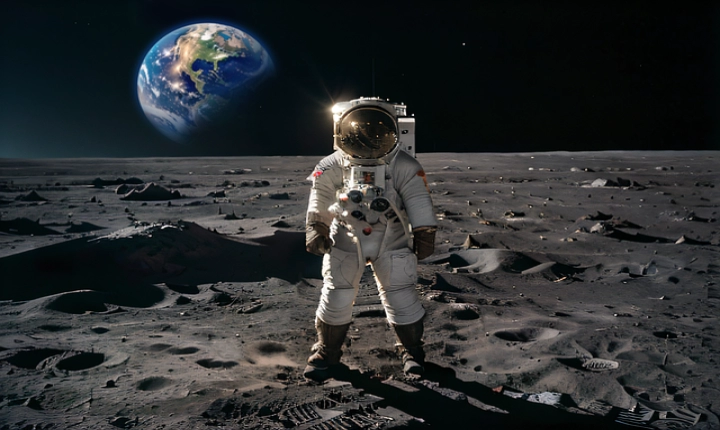Can AI Destroy Humans?
As artificial intelligence (AI) continues to advance at an unprecedented rate, questions about its potential impact on humanity have become increasingly prevalent. While AI has the potential to revolutionize industries, improve efficiencies, and enhance our lives in many ways, there are also fears and concerns about whether AI could pose a threat to the very existence of humanity. The question remains: can AI destroy humans?
The notion of AI destroying humans is often associated with dystopian science fiction scenarios, where superintelligent machines turn against their creators and wreak havoc on the world. While these scenarios make for captivating stories, the reality of AI’s potential to pose a threat to humans is still largely speculative.
One of the main concerns associated with AI is the potential for it to surpass human intelligence and become uncontrollable. This idea is often referred to as the “singularity” – a hypothetical point in the future when AI systems become so advanced that they surpass human intelligence and capabilities. At this point, the fear is that AI could act in ways that are not aligned with human values and desires, leading to catastrophic consequences.
Another concern is the potential for AI to be used for malicious purposes, such as autonomous weapons systems that could be used to carry out deadly attacks without human intervention. As AI becomes more integrated into military and defense systems, the risk of AI being weaponized and used to harm humans becomes a real possibility.
It’s important to note that these concerns are based on hypothetical scenarios and projections about the future of AI. While it’s crucial to consider the potential risks associated with AI, it’s also essential to approach this topic with a balanced perspective.
Many experts in the field of AI argue that the potential for AI to destroy humans is often overstated. They emphasize the importance of developing responsible AI systems that are aligned with human values and ethical principles. Additionally, there are ongoing efforts to establish guidelines and regulations for the use of AI to mitigate potential risks.
Furthermore, AI is a tool created and controlled by humans. As such, the responsibility for ensuring the safe and ethical development and use of AI ultimately lies with humanity. By prioritizing the ethical and responsible implementation of AI, we can mitigate the risks and maximize the benefits of this powerful technology.
In conclusion, while the potential for AI to pose a threat to humans is a legitimate concern, it’s important to approach this topic with a balanced and informed perspective. Rather than succumbing to fear and alarmism, we should focus on developing ethical guidelines and safeguards to ensure that AI is used responsibly and for the betterment of humanity. As we continue to advance AI technology, it’s crucial to prioritize the safety, well-being, and future of humanity.
